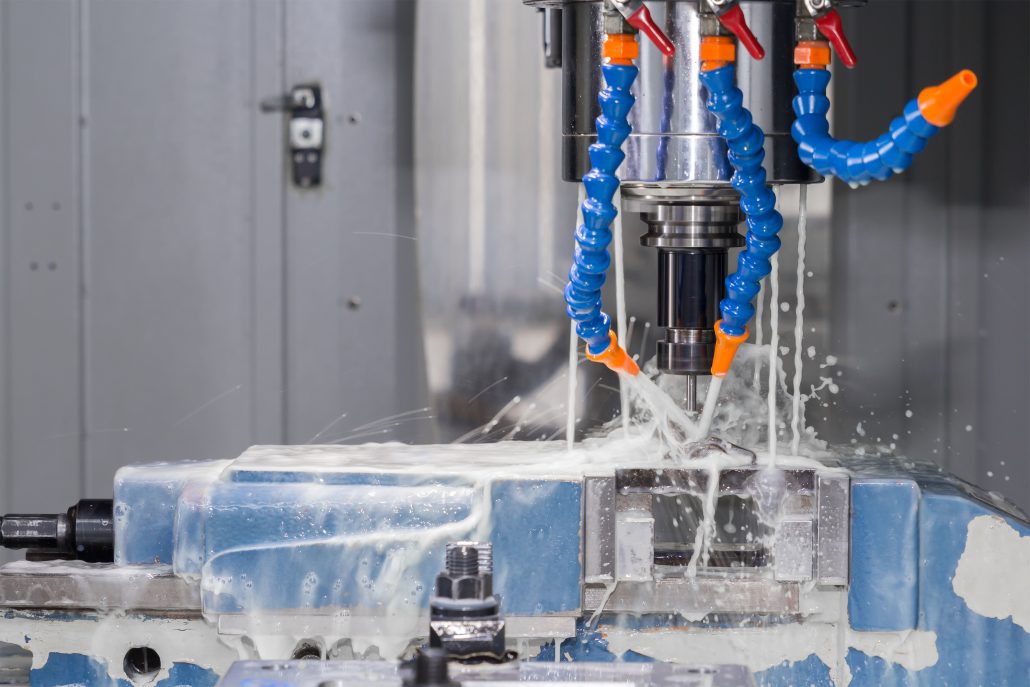Are you looking for the perfect material to use for your CNC machining project? Whether you’re a professional CNC machining manufacturer or a DIY enthusiast, choosing the right material can make all the difference in the success of your project. In this article, we’ll explore 10 commonly used CNC machining materials to help you make an informed decision.
10 Kinds of Commonly Used CNC Machining Materials
Aluminum:
This lightweight and versatile material is great for a wide range of CNC machining projects, from automotive parts to electronic device casings.

Brass:
Known for its aesthetic appeal, durability, and resistance to corrosion, brass is great for precision parts that require a fine finish.
Steel: This strong and durable material is commonly used in CNC machining for its high tensile strength and resistance to wear and tear.
Copper:
With high thermal conductivity and excellent electrical conductivity, copper is frequently used in CNC machining for its superior conduction properties.
Plastics:
From Nylon to Acrylic, plastics offer a range of properties that make them versatile materials for CNC machining projects. They’re lightweight, easy to work with and come in a variety of colors.
Titanium:
Known for its strength and durability, titanium is commonly used in CNC machining for parts that require high precision, such as aerospace and medical components.
Carbon Fiber:
This lightweight and heat-resistant material is perfect for applications that require high strength-to-weight ratios, such as motorsport components.
Stainless Steel:
Featuring a higher resistance to corrosion and staining, stainless steel is a commonly used CNC machining material for applications that require a material with excellent durability.
Magnesium:
This lightweight and strong material is frequently used in CNC machining for applications where weight is a critical factor, such as in the aerospace industry.
Zinc:
Known for its high electrical conductivity and excellent machinability, zinc is commonly used for electronic components, motorsport parts, and other applications.
CNC Machining With Metals

Metals are a popular choice for CNC machining due to their strength and durability. Metals such as aluminum, steel, and titanium are ideal for CNC machining due to their machinability, heat resistance, and dimensional stability. CNC machining with metals offers the following advantages:
- High precision: CNC machining with metals allows for high precision and accuracy in the finished product.
- Strength: CNC machining with metals produces parts that are strong and durable, making them ideal for a wide range of applications.
- Versatility: Metals can be machined into various shapes and sizes, making them ideal for different applications.
CNC Machining With Plastics
Plastics are also a popular material choice for CNC machining. Plastics, such as ABS, polycarbonate, and nylon, are lightweight, strong, and durable. CNC machining with plastics offers the following advantages:
- Low cost: CNC machining with plastics is a cost-effective solution compared to other materials.
- Design flexibility: Plastics can be molded into complex shapes and sizes, allowing for greater design flexibility.
- Lightweight: CNC machined plastic parts are lightweight, making them ideal for applications where weight is a critical factor.
CNC Machining With Composites
Composites are a combination of different materials, such as fiberglass and carbon fiber, and are an ideal material choice for CNC machining. CNC machining with composites offers the following advantages:
- Strong and lightweight: Composites offer the strength of metals with the lightweight of plastics, making them ideal for applications where weight is a critical factor.
- Design flexibility: Composites can be molded into complex shapes and sizes, allowing for greater design flexibility.
- Corrosion-resistant: Composites are resistant to corrosion, making them ideal for applications in harsh environments.
In conclusion, choosing the right material for your precision CNC machining project is crucial to achieving the desired outcome. By considering the properties and capabilities of different materials, you’ll be able to make an informed decision that will result in high-quality parts and assemblies. As a professional CNC machining manufacturer, we’re committed to helping you achieve your goals and produce outstanding results with the right materials. We hope this article has been informative and persuasive in helping you make the right choice!


